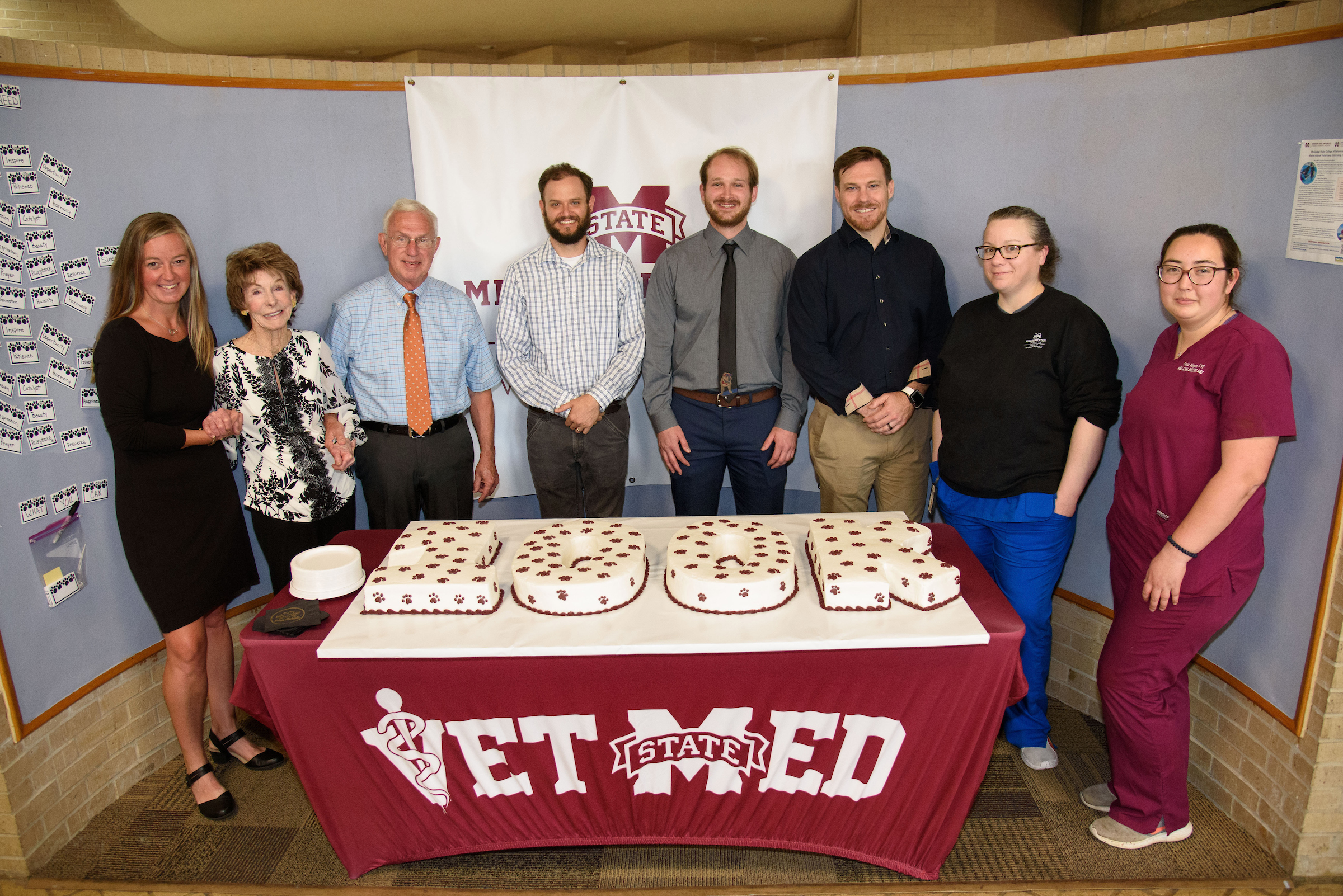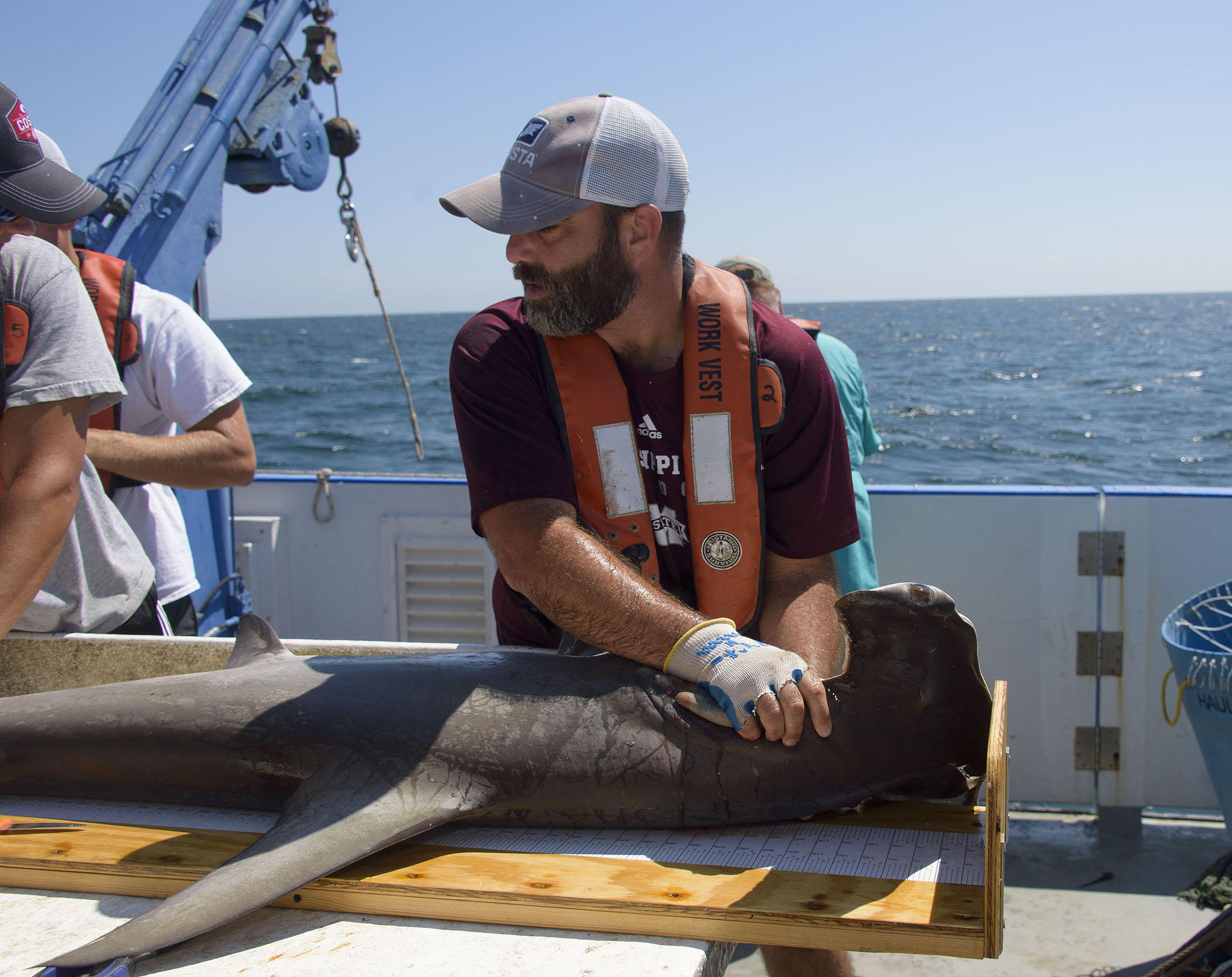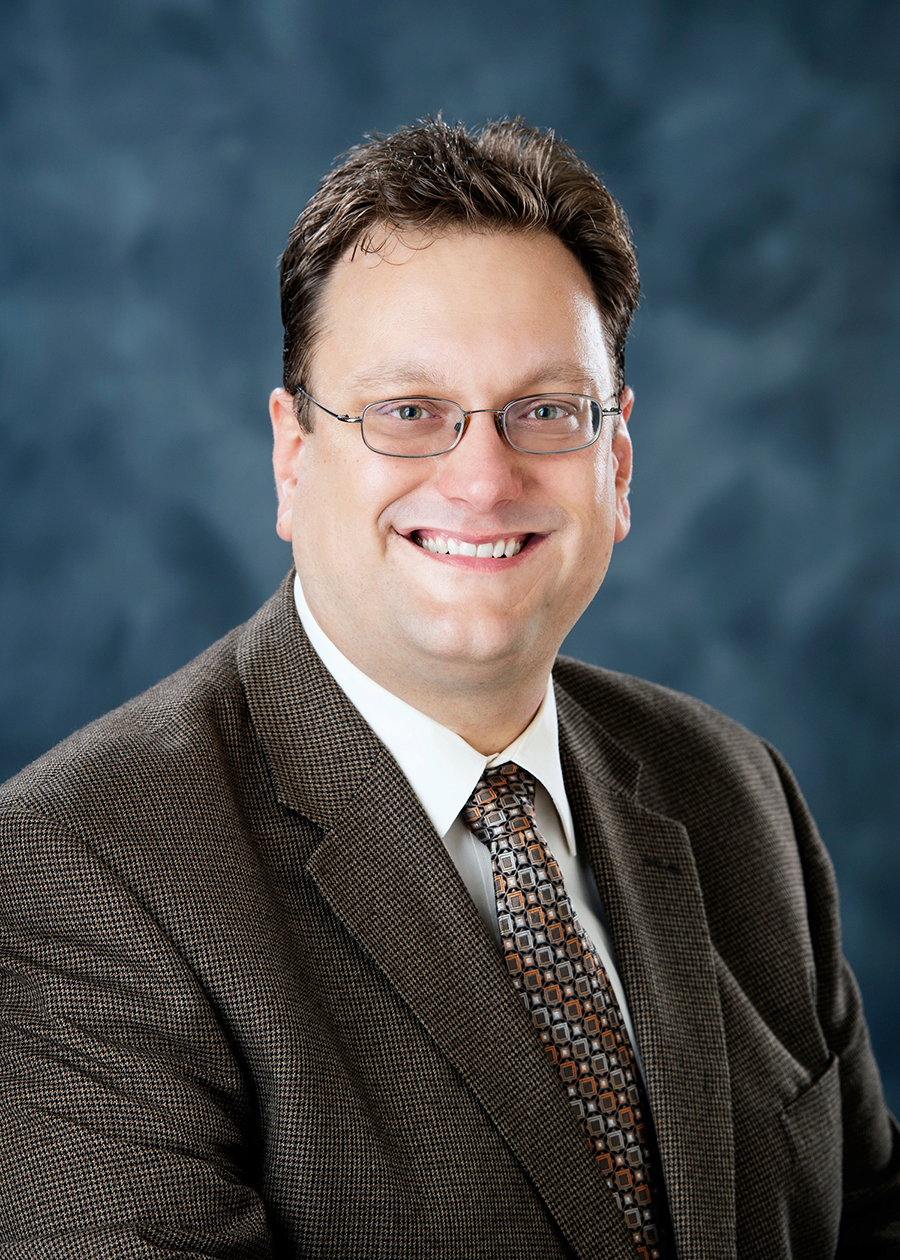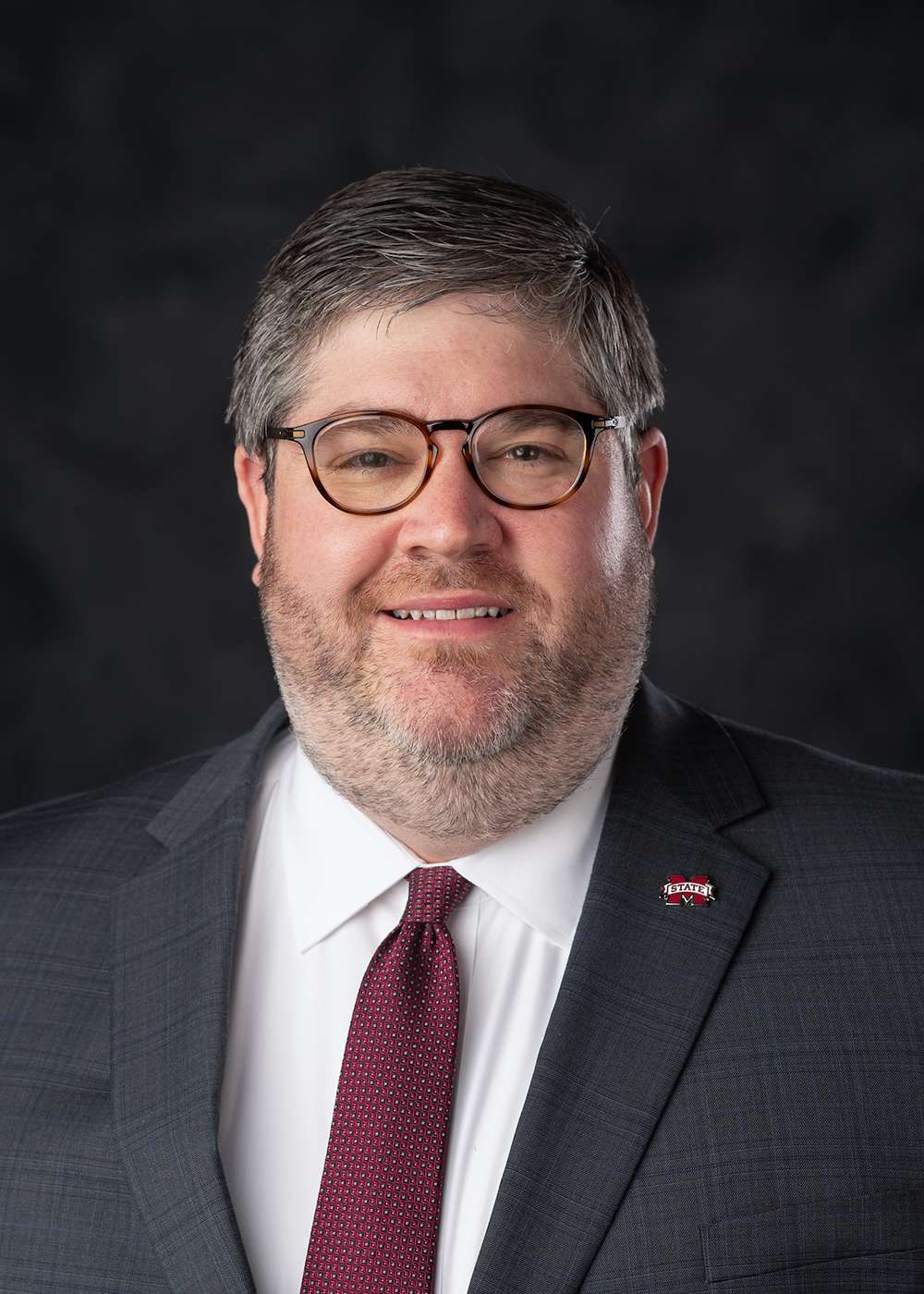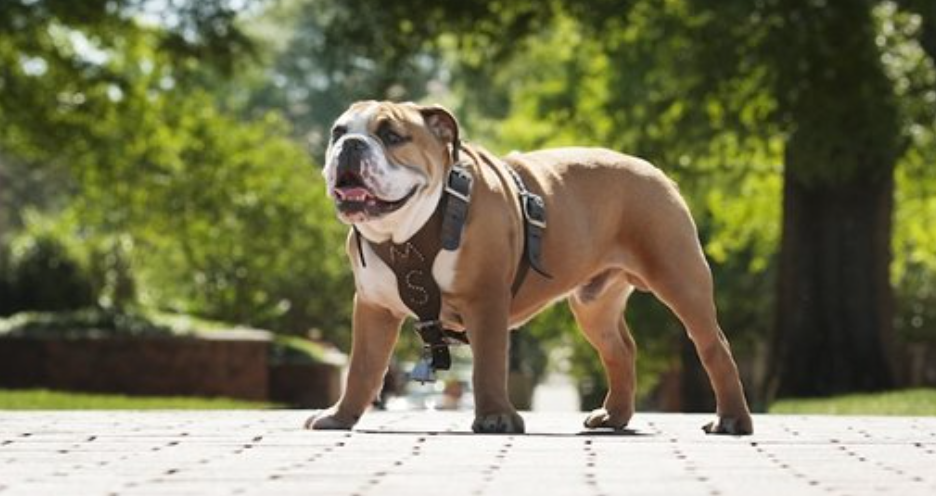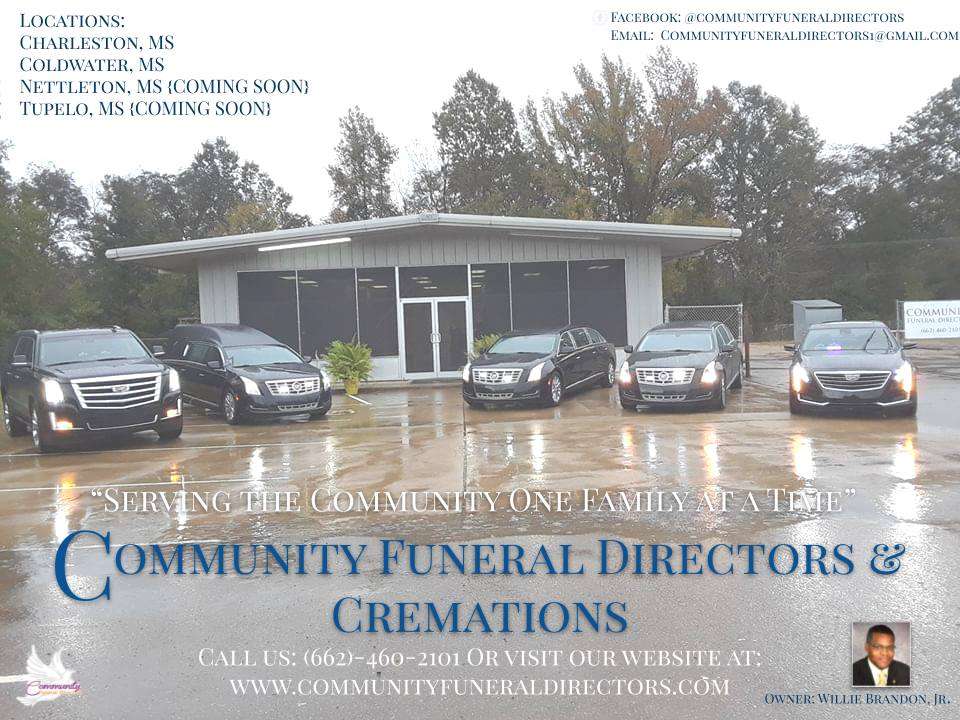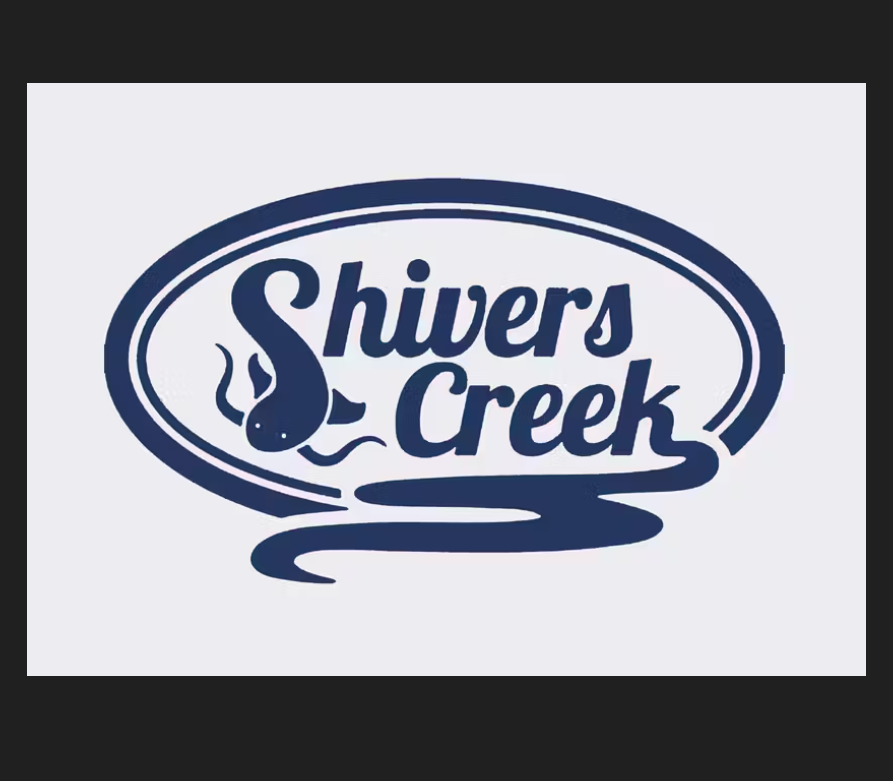STARKVILLE, Miss.—Mississippi State’s College of Veterinary Medicine is celebrating a major milestone within its Shelter Medicine Program and reflecting on more than 100,000 animals that have benefited from spay and neuter surgeries over the past 17 years of service and outreach.
Students pursuing a Doctor of Veterinary Medicine degree at Mississippi State have the advantage of gaining vastly more surgical experiences before graduation than those at nearly any other veterinary college in the country. This is because of a university program—30 years in the making—to provide critically needed spay and neuter surgeries throughout the region and due to MSU’s particular concern for animal welfare in shelters and rescue organizations. The procedures greatly help the animals, their respective shelters and the university’s veterinary students, who perform the surgeries under careful supervision of professors like Dr. Phil Bushby.
A highly respected MSU faculty member for 44 years, Bushby no longer works full time, but still puts his whole heart into teaching students and helping animals.
With first-hand knowledge of pet overpopulation issues, Bushby lamented the high euthanasia rates he saw for dogs and cats in his early professional work in New York City. His university program has emphasized not only instruction in veterinary medical practice, but his passion for teaching about overpopulation, the crucial importance of sterilizing dogs and cats to combat this problem, as well as other shelter medicine issues.
MSU-CVM’s Shelter Medicine Program started with Bushby driving three DVM students to the animal shelter in Columbus once every three weeks. When Marcia P. Lane of Columbus saw this work, she made a generous financial commitment in 2006 to bolster the program’s growth and pave the way to impact exponentially more animals.
CVM Dean Kent Hoblet said without Lane’s sustained support over the years, the program “would certainly not exist in its current, preeminent level.”
“Marcia is a true champion of animal welfare, and we are very grateful for her generosity and friendship,” Hoblet said during a recent CVM reception honoring Lane’s contributions and celebrating the 100,000th surgery milestone.
“Our students who graduated this year have completed an average 76 surgeries,” Hoblet said. “This is like 75 times more than a lot of other schools that are considered good schools. Our students are really well trained, and Marcia, we thank you for that.”
Bushby became the university’s holder of the Marcia Lane Endowed Chair of Humane Ethics and Animal Welfare in 2006. Hoblet said Bushby’s contributions to the field of veterinary medicine have resulted in better quality care for hundreds of thousands of companion animals and saved countless animal lives.
CVM has benefited over the years from more private gifts, obtained two mobile units used as traveling veterinary clinics, and increased frequency of service to more animal shelters within proximity of the university. The program now serves 26 shelters and rescue operations in North and Central Mississippi and includes four full-time faculty, two part-time faculty and two full-time veterinary technicians, with a third soon to join the team.
Additionally, the Shelter Medicine Program formalized a partnership with the Oktibbeha County Humane Society in 2020, and OCHS funds an MSU-CVM faculty position and technician position, both spending the majority of their time at the Starkville shelter.
“We have trained over 1,200 veterinary students in highly efficient spay/neuter techniques since 2006. Over 1,200 veterinarians have graduated, not only having superior surgical skills, but understanding pet overpopulation and the issues that shelters and rescues deal with on a day-to-day basis,” said Bushby, noting that some students from around the country apply to MSU’s DVM program specifically because of the Shelter Medicine Program and the surgical experience they gain.
“It’s really easy to measure the impact of what we’re doing here—the impact on animals, on the local shelters and rescues, and on our students,” Bushby said. “What’s not so easy to measure is the impact of those 1,200 veterinarians that have gone into communities all over this country with the surgical skills they got in our program and the understanding of the issues that shelters face.”
Nicholas Wheeler, a second-year DVM student from Alvaton, Kentucky, said he chose to attend MSU because of CVM’s curriculum, a model that includes two years of classroom instruction followed by two years of mentored clinical instruction.
“As an MSU-CVM student, I will have acquired more experience and exposure to medical cases than my peers at other universities, making me better prepared to quickly make correct and sound clinical decisions upon graduation,” he said.
Wheeler wants to pursue a career focus in small animal surgery and said the opportunity to participate in a large number of surgeries within CVM’s program not only benefits students, but also “we are reducing the number of homeless dogs and cats in Mississippi, minimizing the spread of disease that would have otherwise occurred due to increased intact homeless pets. Most importantly, we are giving both these animals and their future owners a friend for life.”
Jimmy Kight, CVM director of development, said many others with a passion for animals also have made contributions to support the cause.
“Ms. Marcia’s initial gift got everything rolling. Our Shelter Medicine Program is a tremendous example of how private gifts have an impact,” said Kight, who said CVM’s Humane Ethics and Animal Welfare fund has received over $4 million in gifts from many donors. These gifts have led to the establishment of additional endowments, he said.
“A lot of the support we’ve received is not alumni-based because you don’t have to be an alumnus of MSU to care about what we do and the impact we have. People who give to CVM are passionate about what we accomplish. We are incredibly thankful for Ms. Marcia, Dr. Bushby and all the others who have invested time and resources into our Shelter Medicine Program.”
MSU is one of only 32 accredited veterinary medicine programs throughout the U.S. and one of only a few that—like most colleges of human medicine—requires two full years of mentored clinical education, which provides students with a strong, multi-species foundation and allows them the opportunity to focus on species or discipline interests.
MSU is Mississippi’s leading university, available online at www.msstate.edu.
——–
MSU PHOTO ID: Team members working with Mississippi State’s Shelter Medicine Program in the College of Veterinary Medicine, pictured with donor Marcia Lane, second from left, and a cake celebrating the 100,000th surgery milestone, include (l-r) Dr. Kimberly Woodruff, Dr. Phil Bushby, Dr. Brookshire Cooper, Dr. Alex Shealy, Dr. Jake Shively, and Veterinary Technicians Emily Childers and Paula Morgan. All members of the Shelter Medicine team, except Bushby, are MSU alumni who were taught by Bushby as they went through CVM’s professional training. (Photo by Tom Thompson)

—————-
MSU PHOTO ID: Dr. Phil Bushby is pictured with Marcia Lane, whose 2006 gift greatly expanded the Shelter Medicine Program within Mississippi State’s College of Veterinary Medicine. Bushby presented Lane a framed copy of a magazine story featuring her passion for animals. (Photo by Tom Thompson)



